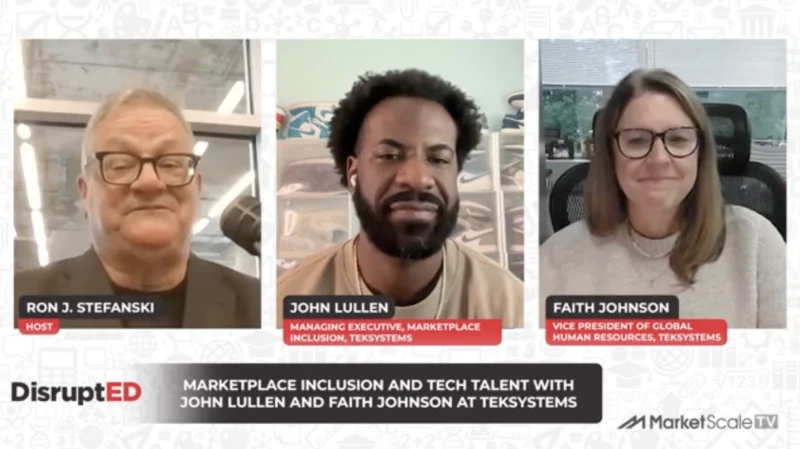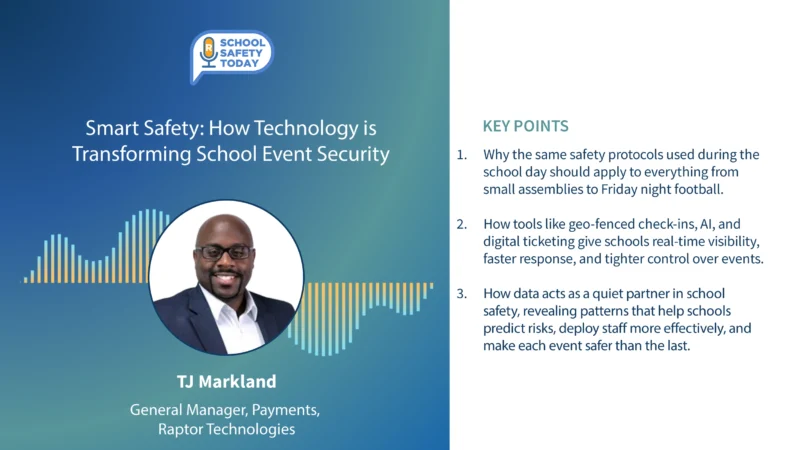How Educators Explore the Strategy of Implementation in Classrooms
There are various types of teaching methods available for educators to pick and choose from. However, picking the one that not only works best for their students, but is also effective, is another factor to consider. Regarding the science of reading, which is a wide- ranging discipline inclusive of both reading and writing, there are several types of ways to implement it in teaching methods.
While there’s not always a ‘right’ way to implement new methods when it comes to teaching, how do educators go about introducing novel ways of implementation in their classrooms? In the newest episode of Future of Education, host Michael Horn interviewed Anthony Kim, the founder and CLO of Education Consulting and Professional Development Services at Education Elements, about the implementation of the science of reading.
Kim mentioned that while some educators prefer to utilize variation when it comes to their curriculum, others might want a single program used nationwide. But a single program can come with its faults, according to Ed Week.
“When we think about implementing something as comprehensive as a reading ELA program, and what I see happening right now are a lot of debates classroom to classroom, building to building, state to state, whether one program approach is better than the other and there’s probably some variation,” said Kim.
He added that many educators shared differing perspectives on the pros and cons of implementing new strategies.
“I’ve talked to some academics and professors that like are arguing the benefits of both. One, they say is easier to implement and so easier to adopt as well, and others more complicated to implement and also takes a lot of like of road development of students and so the reason it shifted to one form or the other is because kind of the movement and the trend kind of shift because something was hard to do … and so now we’re at a place where something that seemed easier actually doesn’t seem to be producing the results that they had hoped. So, now they like, ‘Okay, let’s go back to this other thing,’ and there’s this whole debate now,” said Kim.
Horn and Kim also discussed …
● Innovative programming with successful and unsuccessful implementation strategies
● Professional learning communities
● The best practices when it comes to implementation
“For anything to be implemented well there needs to be a system of implementation … There’s a way in which we see this thing being implemented [science of reading] well, that seems to have more stickiness and the momentum building that we started to see in things like blended learning and personalized learning, but didn’t continue on,” said Kim.
Anthony Kim is the founder and the CLO of Education Consulting and Professional Development Services at Education Elements. He started the company 12 years ago in Las Vegas. Kim is also the CLO at Scholarus Learning and has been for more than a year. He is also an author, speaker, and coach, and a graduate of Cornell University.




